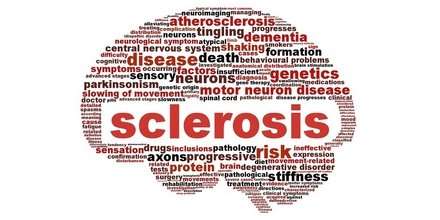
To live with the physical and mental discomfort caused by multiple sclerosis is hard enough. Yet what makes this even harder is knowing that the medications available are only modestly effective.
While there are no notable scientific research projects dedicated to this correlation so far, the first-hand evidence seems to suggest that the practice of Transcendental Meditation may bring some relief to patients with multiple sclerosis.
Here is a testimonial published by the charity Overcoming Multiple Sclerosis
Transcendental Meditation =
reduced stress, reduced attacks
“I was diagnosed with multiple sclerosis in June and did my course in Transcendental Meditation last weekend.
I went undiagnosed for 4 years and long periods of high stress preceded all my attacks. I have previously attempted various forms of ‘concentration’ meditation learned from books with no success, and Tai Chi as ‘moving meditation’ (more moving than meditation, but it has its other uses).
The naturopath I have seen recommended Transcendental Meditation.
The course I did was well taught and, importantly, the meditation is very easy to do, which helped because it is not a ‘concentration’ meditation. Two major effects of continued practice are reduced stress and reduced fatigue.
I have had MS-related fatigue for about 10 weeks following several attacks, and Transcendental Meditation has already helped to boost my energy levels for a few hours after each meditation.“ — Chris

What is multiple sclerosis?
Multiple Sclerosis (often shortened MS) is an inflammatory disease that affects the brain and spinal cord, damaging the ability of parts of the nervous system to communicate with each other.
Early multiple sclerosis symptoms include weakness, tingling, numbness, and blurred vision; later, symptoms may include mental problems.
There is no known medical cure for the disease, with treatments attempting to improve function after an attack and prevent new attacks.
Medications used to treat multiple sclerosis often have adverse effects and are poorly tolerated.
According to the latest World Health Organization estimates, multiple sclerosis affects 2.5 million people worldwide.





















